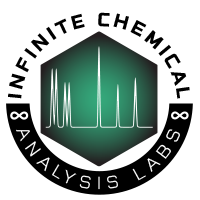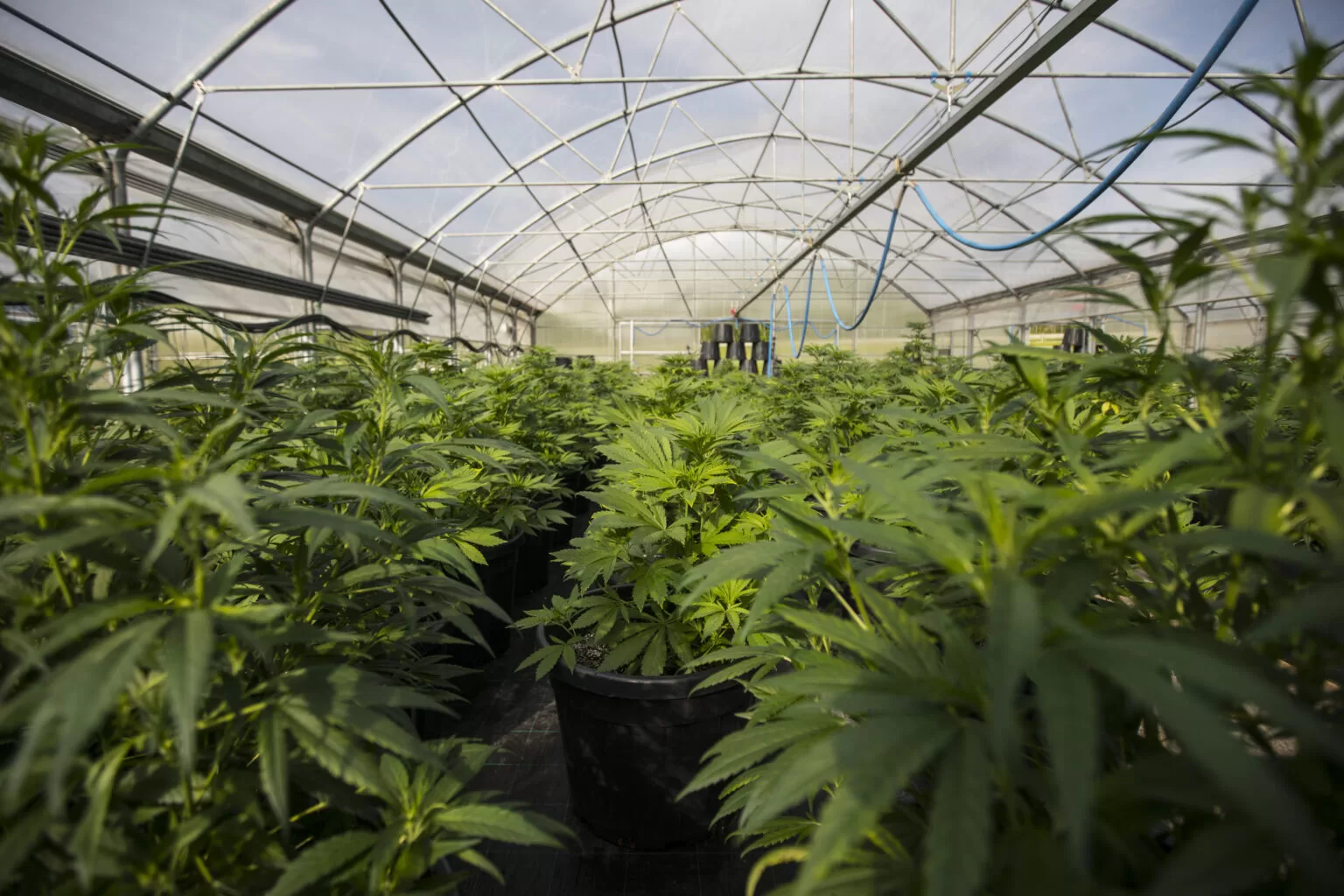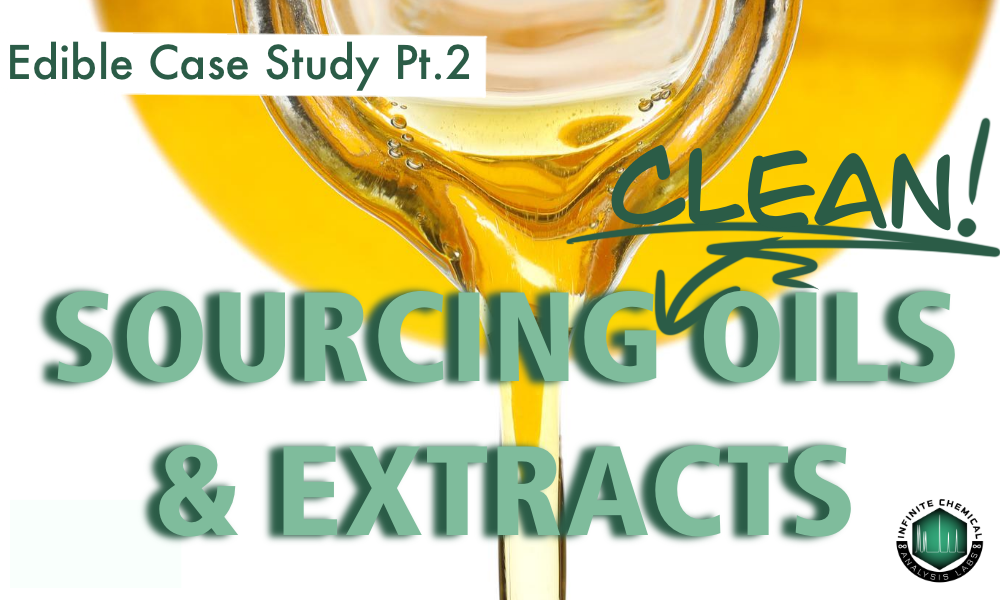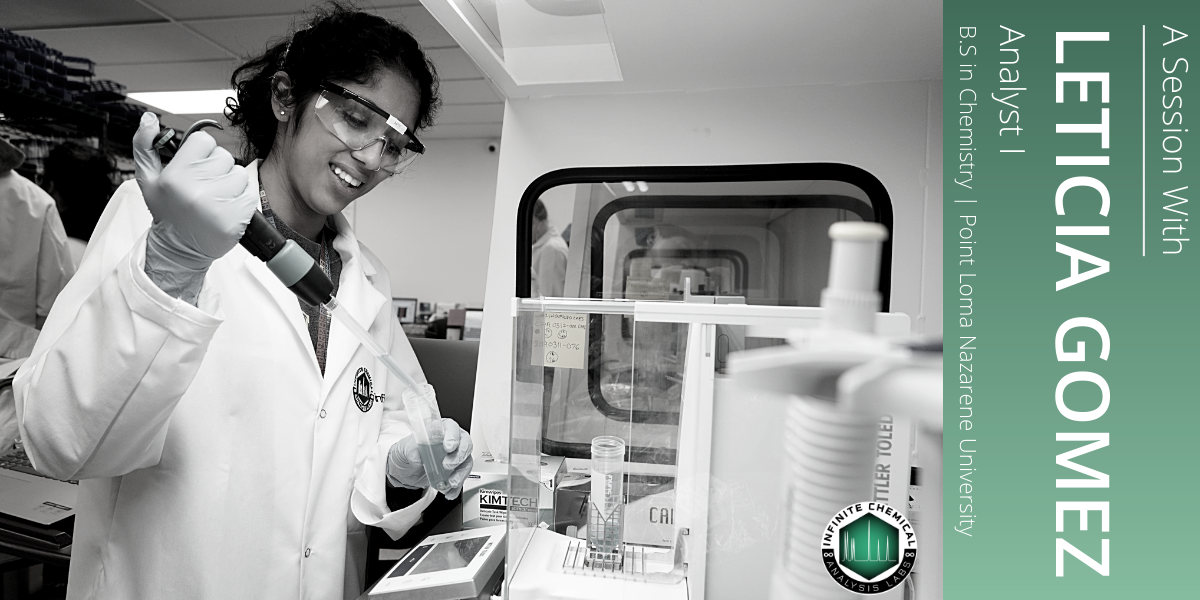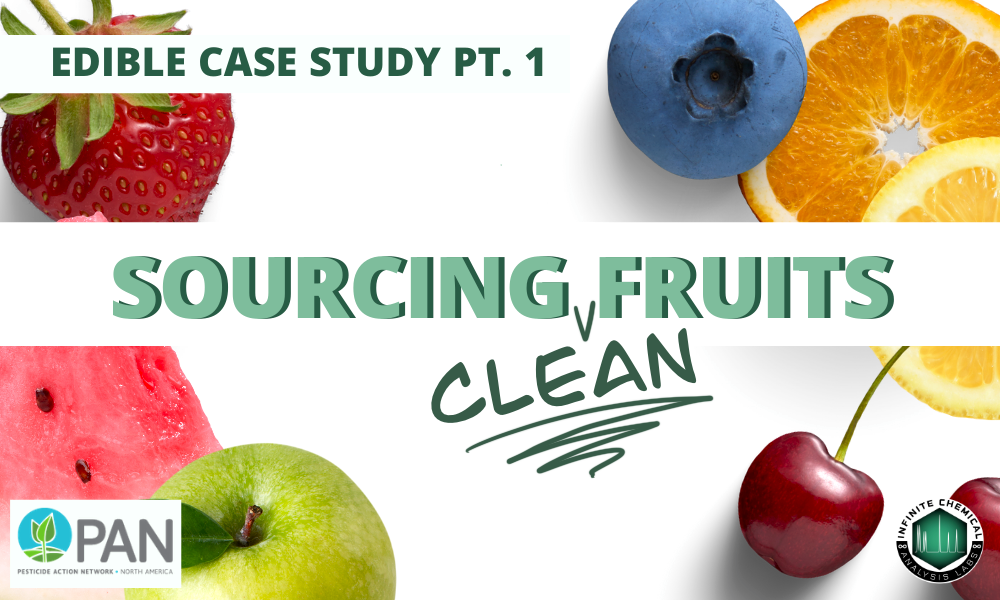Both bud tenders and Platinum Vape representatives were present to help educate customers about the known risks associated with the illicit cannabis market, specifically the lack of safety testing. All legal cannabis products sold in California must undergo extensive safety testing performed by a licensed laboratory. Vape cartridges specifically are tested for potency, pesticides, residual solvents, microbials, mycotoxins, heavy metals and foreign materials.
California’s cannabis testing regulations are some of the strictest in the nation, and for good reason- since cannabis remains federally illegal, there have been no long term studies done in the United States to examine how different methods of cannabis consumption can affect consumer health. Regulations were set to protect the public from unknown health risks.
However, unregulated products purchased on the illicit market aren’t held to the same standards. Many illegal cannabis manufacturers will cut corners to cut costs, made apparent by the quality of their products compared to those on the legal market. It’s not uncommon to find illicit products riddled with pesticides, heavy metals, microbials and dangerous levels of solvents and diluents used in the manufacturing process. These contaminants may cause seriously compromise consumer health, especially to those whom have weakened immune systems and are using cannabis to medicate.
Twenty-five cartridges collected from customers as part of Platinum Vapes buy-back program were released to Infinite Chemical Analysis Labs to determine just how dangerous these products were. The samples were prepped and analyzed for potency, pesticides, heavy metals, and Vitamin E Acetate, the cutting agent believed to be causing the vaping sickness. Samples passed or failed these analyses based on the Bureau of Cannabis Control’s (BCC) regulations required for all legal cannabis products sold in California.
The cartridges ranged from home-made cannabis concentrates to counterfeits of popular legal brands. While it is unknown how customers acquired these products, an overwhelming 79 percent were deemed unfit for consumption based on the safety analyses conducted. Of the five that passed, two were cut with an unknown diluent, making them questionable at best.
The average legal cannabis concentrate ranges from 60-95 percent THC, depending on the extraction and manufacturing process. That being said, laboratories can conclude a vape cartridge was cut with a diluent based on a simple cannabinoid (potency) analysis. Diluents most commonly used in the illicit market include vegetable glycerin, artificial terpenes, MCT oil, propylene glycol, and tocopherol-acetate (vitamin E acetate). Illicit vape manufacturers use these compounds to cut their cannabis distillate prior to filling their cartridges, so they can double their volume at a fraction of the price. While extensive research still needs to be done to determine whether any of these diluents are safe to inhale, consumers are still being duped into purchasing cartridges claiming 70+ percent THC when they could be containing as little as 0.95 percent, as seen in InfiniteCAL’s results. Half the illicit products InfiniteCAL tested contained less than 50 percent THC, including counterfeits claiming the same 80+ percent of their legal counterparts.
Using liquid chromatography, the samples were also specifically analyzed for Vitamin E Acetate, the popular new diluent used for its similar coloring and viscosity to cannabis extracts. Vitamin E Acetate has been proven by the CDC as the primary cause for the vaping illness outbreak (dubbed EVALI), causing serious respiratory injury and even death to those who have inhaled it. As of December 10, 2019, a total of 2,409 hospitalized EVALI cases have been reported to CDC from all 50 states, the District of Columbia, and two U.S. territories (Puerto Rico and the U.S. Virgin Islands), including 52 deaths.
Almost all of the samples tested had trace levels of Vitamin E Acetate (less than 0.01 percent). However, 5 cartridges contained levels exceeding 20 percent vitamin E acetate, meaning they were purposely cut with the dangerous diluent to increase profit, despite the known consequences for consumer health.
The two safety tests conducted proved even more shocking.
The pesticide analysis conducted by InfiniteCAL screened each sample for 66 pesticides restricted or limited for cannabis cultivation by the BCC using liquid and gas chromatography. Of the 24 samples tested, 62.5% failed for pesticides. In addition, eleven samples contained pesticides with cyano groups that convert into hydrogen cyanide gas when heated, such as myclobutanil, a compound found in the popular Eagle 20 pest control products . For reference, hydrogen cyanide gas chambers have been used as an execution method in the United States.
The samples were then screened for arsenic, cadmium, lead, and mercury using inductively coupled plasma mass spectrometry (ICPMS). These metals are required to be tested for by the BCC because of their known risk of exposure. Chronic inhalation of these metals has been linked to lung, liver, immune, cardiovascular and brain damage, and even cancers.Thirty-seven percent failed for lead, which has an action limit of 0.5 µg/g, though there is no known safe exposure limit according to the US Centers for Disease Controls and Prevention. One sample tested contained an astounding 43.619 µg/g of lead, over 87x the legal limit.
Lead fails are most likely due to the use of cheap hardware purchased from overseas, where the manufacturing standards are not as stringent. Because of a cannabis concentrate’s acidic nature, metals from coils used in these cartridges can be leached out over a period of time, resulting in dangerous levels of heavy metals in the actual product.
Conclusion
Based off the results from Infinite Chemical Analysis Labs, consumers are more likely to purchase a contaminated, dangerous product off the illicit market than not. The cartridges collected by Platinum Vape’s buy-back program came directly from the hands of consumers who may have had every intention of smoking them. Some could have gotten really sick. A few of the carts could have caused a consumer to be hospitalized, or worse.
All cannabis products purchased from anywhere other than a licensed dispensary are unregulated, meaning no quality assurance or safety analysis have been performed per regulations set by the state. Regulations are in place to protect consumers from illnesses such as EVALI. When illicit manufacturers and cultivators decide to disregard these regulations, they’re knowingly putting consumers at risk.
Extensive research still needs to be conducted in order to determine any other health risks associated with vaping. However, manufacturers in the legal cannabis market use only clean, responsibly- sourced cannabis to create their products. Although no regulations for vitamin E acetate have been set in California, analytical laboratories can- and have- deemed a product unfit for consumption if the diluent is detected above 1%, preventing the product from going to market.
